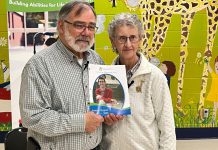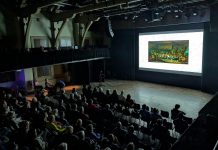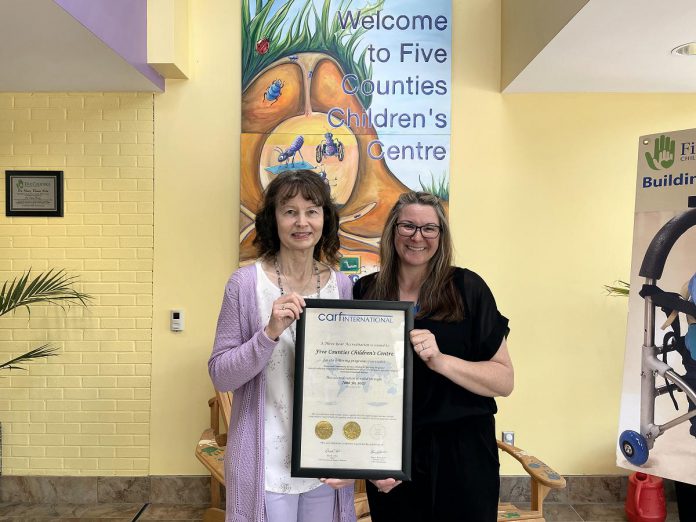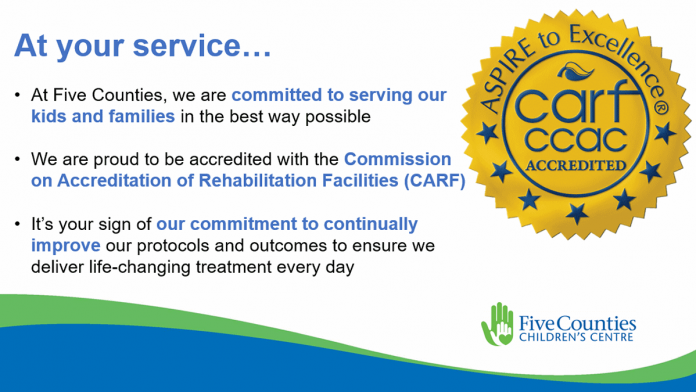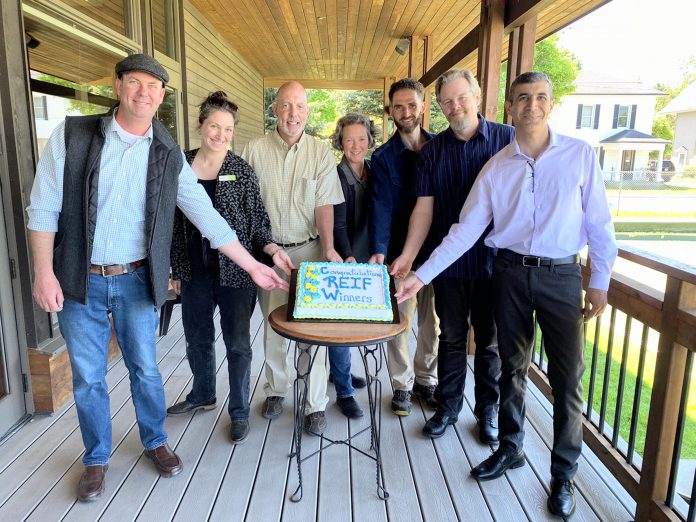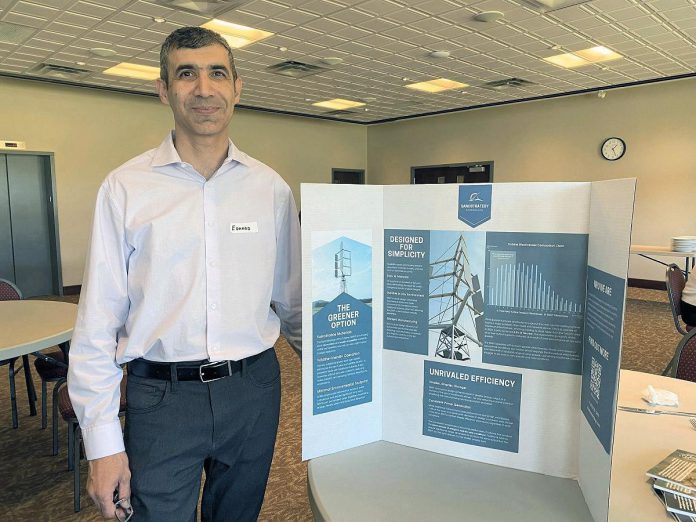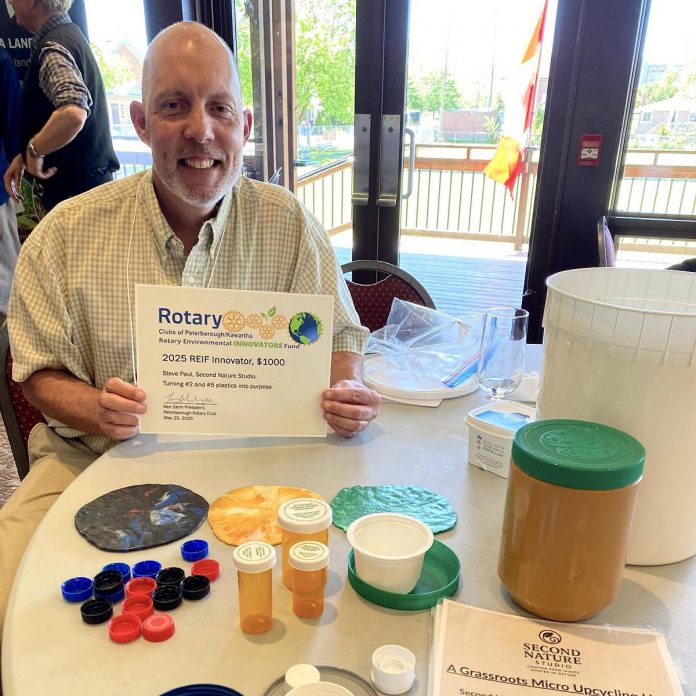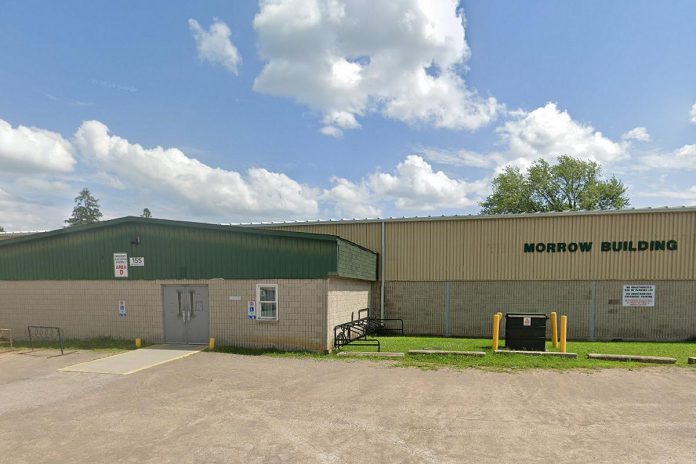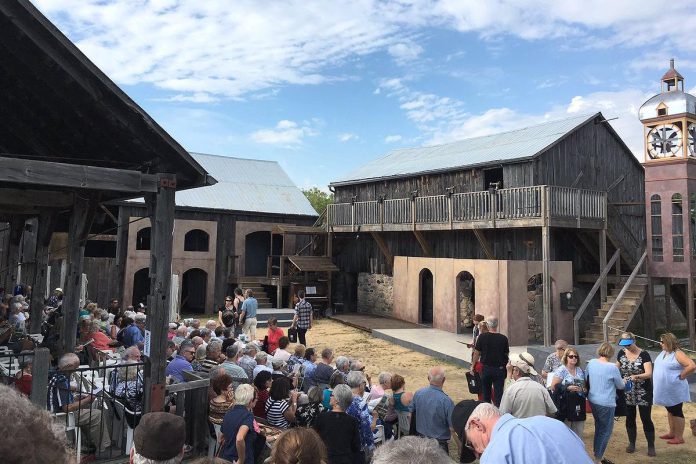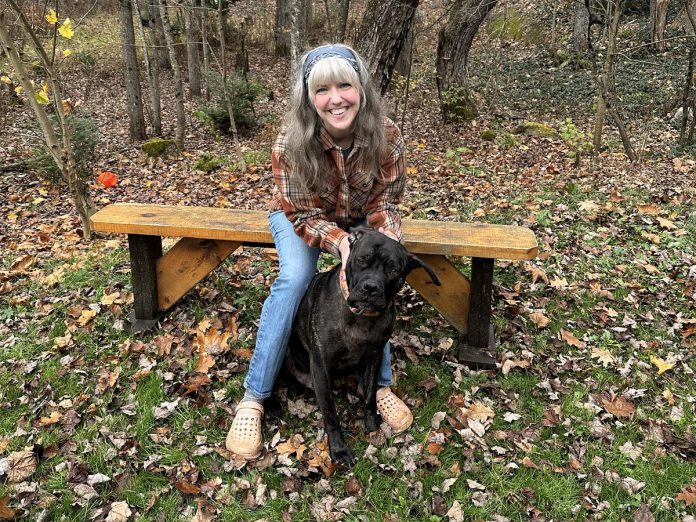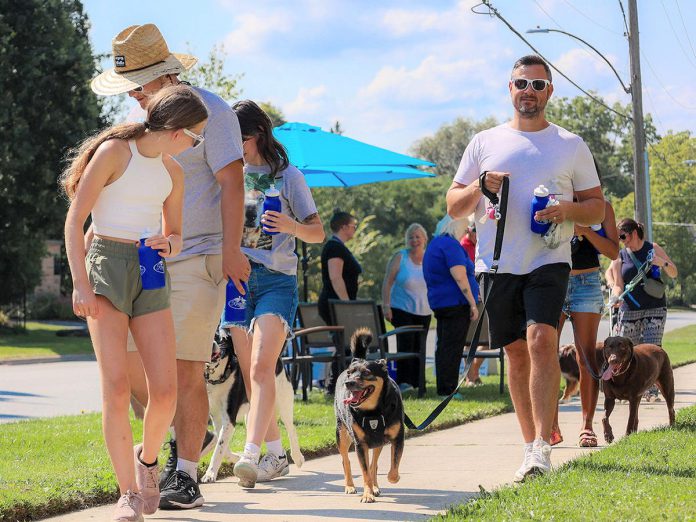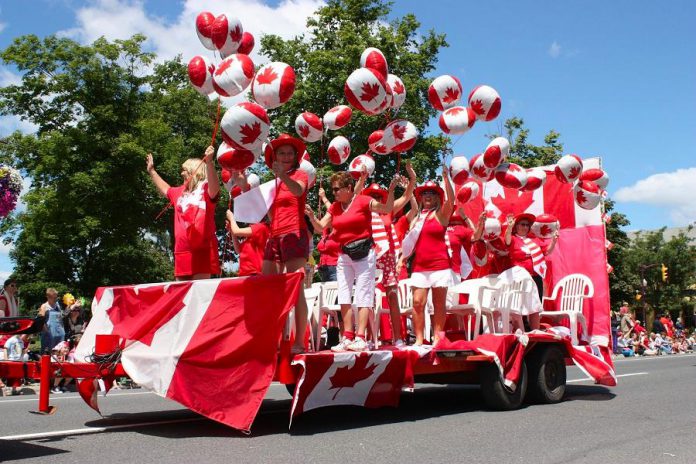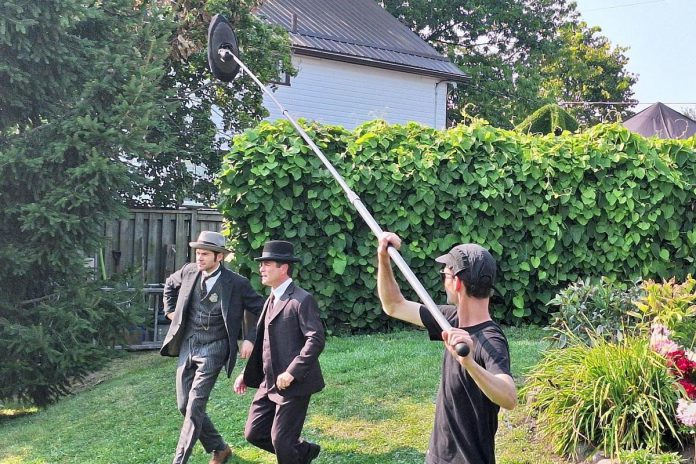An inaugural fundraising run founded by a Peterborough hospital emergency room physician with a rare form of bile duct cancer has sold out with 400 participants and has raised well over $90,000 — more than nine times its initial fundraising goal — in support of research into cholangiocarcinoma.
Dr. Terry May, who was initially diagnosed with stage four cholangiocarcinoma in the summer of 2024, is currently receiving chemotherapy at Peterborough Regional Health Centre.
In response to his diagnosis, Dr. May has founded a five-kilometre run called “Dr. May’s Vile Bile 5K” to help improve access to testing for others, in addition to raising money for research.
With his run only days away on Sunday (June 1) at Lakefield’s Isabel Morris Park, the physician says he has been blown away by the support from the community.
“We are grateful and deeply touched by how the community has come together to support this event,” May told kawarthaNOW. “We never dreamed that so many would sign up to participate and that donations would reach the level that they have.”
May and his supporters aimed to raise $10,000 for the cause, but exceeded that goal by more than eight times, raising almost $94,000 to date. The run has sold out and now has 400 participants and more than 60 volunteers.
All money raised will be donated to the Canadian Cholangiocarcinoma Collaborative (C3) via the Canadian Cancer Society. The donations will be used to support a number of C3 research programs and help patients access molecular testing.
“We are excited for Sunday to see friends, family, colleagues and community joined together enjoying the day,” said Dr. May. “Hopefully we can raise awareness for this rare cancer and support C3 in bringing hope to others living with cholangiocarcinoma.”
Dr. May will be running with bib 1 and his wife, Chris Ferguson, will be running with bib 2.
Dr. May’s health concerns began in early 2024, when he knew “something wasn’t quite right,” a media release noted. An avid runner who had completed marathons, an ultramarathon, and an Ironman Canada triathlon, he was experiencing a newfound fatigue during his regular runs. It was the first indicator that something was wrong.
He received the diagnosis of cholangiocarcinoma in August 2024. Cholangiocarcinoma is a rare but deadly form of cancer affecting the bile duct, which often goes unnoticed in patients until it is at an advanced state.
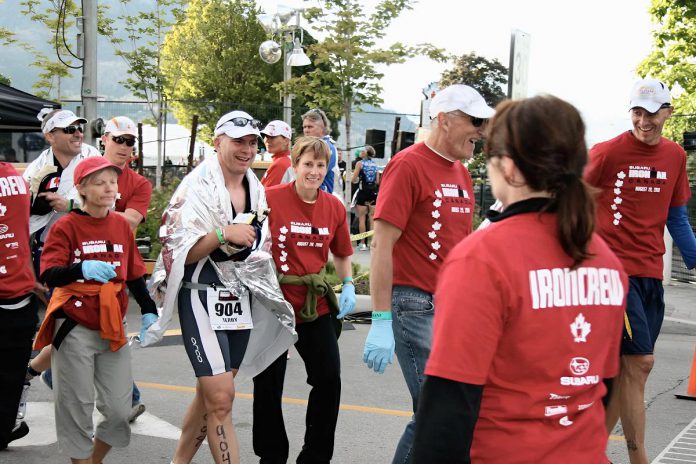
“Running has always been an important part of Dr. May’s life, helping maintain his physical and mental health,” reads the media release. “It only seemed fitting that he would organize a run/walk in his hometown of Lakefield to bring awareness to cholangiocarcinoma and to raise funds for research on this rare form of cancer.”
Dr. May started the run with his wife and his friend Todd Harris, who is serving as the race director.
“I know I am very fortunate to be surrounded by amazing and caring colleagues, friends, and, of course, family who have made this difficult journey as easy as it possibly could be,” shared Dr. May in a statement. “I have such gratitude for the support we have received for this race. It has been overwhelming.”
Biliary tract cancers, including cholangiocarcinoma and gallbladder cancer, affect less than 1,000 Canadians annually. They are diagnosed late, with less than 25 per cent of patients being progression-free at 12 months on first-line therapy.
“There is hope in emerging targeted therapies for second-line treatment, which have encouraging results in clinical studies,” said Dr. Leonard Angka, C3 program manager in the release. “Unfortunately, access to these therapies, and to the molecular testing to inform their use, remains limited in Canada.”
C3 is a network of more than 150 physicians/researchers and 200-plus patient members across Canada, formed “to grow hope for this rare and devastating cancer.” C3’s mission is to improve care through access to innovative therapies and research opportunities.
While the event is at capacity, community members can still make a donation to support cholangiocarcinoma research at raceroster.com/events/2025/102892/dr-mays-vile-bile-5k.
According to race director Todd Harris, Dr. May “has never been one for the spotlight, but finding a way to turn his diagnosis into an opportunity to help the C3 mission makes sense to all that know him, and the amazing response to this new event speaks to his place in the heart of our community.”
The run is sponsored by Agile Bear, OG7GES, Rebekah LittleJohn Photography, Sisabakwat Beading, and Nish Tees.



